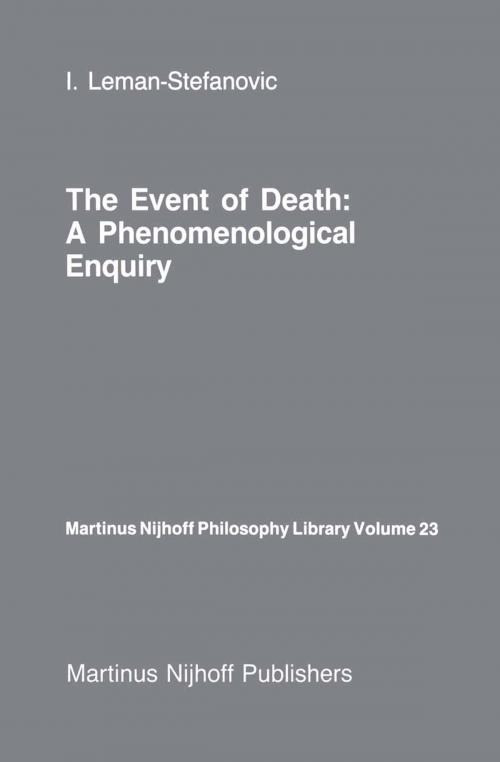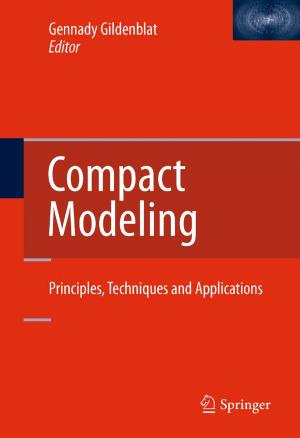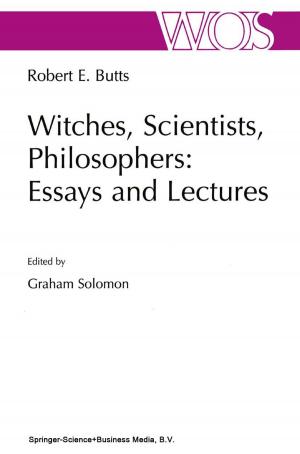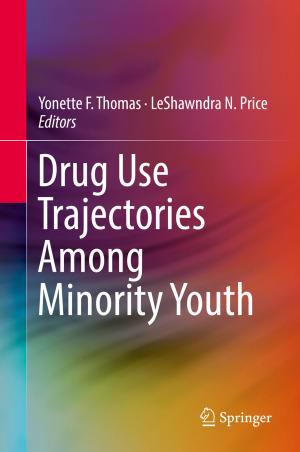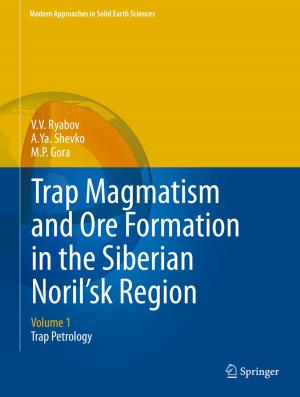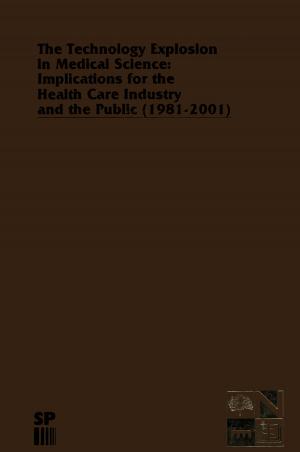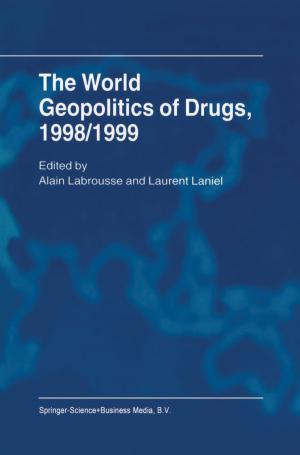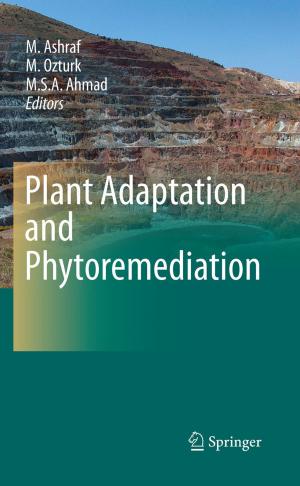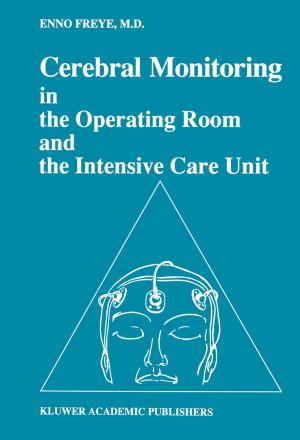The Event of Death: a Phenomenological Enquiry
Nonfiction, Religion & Spirituality, Philosophy, Phenomenology, Metaphysics| Author: | I. Leman-Stefanovic | ISBN: | 9789400935099 |
| Publisher: | Springer Netherlands | Publication: | December 6, 2012 |
| Imprint: | Springer | Language: | English |
| Author: | I. Leman-Stefanovic |
| ISBN: | 9789400935099 |
| Publisher: | Springer Netherlands |
| Publication: | December 6, 2012 |
| Imprint: | Springer |
| Language: | English |
Building upon the "preliminary conception of Phenomenology" introduced by Heidegger in section II of the Introduction to Sein und zeit,l one may say that a phenomenology of death would mean: "to let death, as that which shows itself, be seen from itself in the very way in which it shows itself from itself. " Does this mean then, that a properly phenomenological d- cription of death may reveal to us what death as a factical event is like "in the very way in which it shows itself from itself"? Although I cannot experience my death in order to describe it, may some kind of phenomenologica'l inference or "extrapolation"2 be the condition for a unique and privileged revelation of what it is like to be dead? There is an important element of phenomenological descr- tion which renders such an extrapolation implausible, and it involves what Husserl originally called the reduction to signi- cance or meaning. It can never be true for the phenomenologist, 1 Heidegger, Martin, Sein und zeit, p. 34. e. t. page 58. 2 Henry W. Johnstone Jr. thinks that while one cannot extrapo late from the experience of sleep to the experience of death, it may be possible to extrapolate from the phenomeno lQgy of sleep to the phenomenology of death. Cf. H. W. John stone Jr. , "Toward a Phenomenology of Death", in Philosophy and Phenomenological Research, Vol. XXXV, No. 3, 1975, pages 396-7. Cf.
Building upon the "preliminary conception of Phenomenology" introduced by Heidegger in section II of the Introduction to Sein und zeit,l one may say that a phenomenology of death would mean: "to let death, as that which shows itself, be seen from itself in the very way in which it shows itself from itself. " Does this mean then, that a properly phenomenological d- cription of death may reveal to us what death as a factical event is like "in the very way in which it shows itself from itself"? Although I cannot experience my death in order to describe it, may some kind of phenomenologica'l inference or "extrapolation"2 be the condition for a unique and privileged revelation of what it is like to be dead? There is an important element of phenomenological descr- tion which renders such an extrapolation implausible, and it involves what Husserl originally called the reduction to signi- cance or meaning. It can never be true for the phenomenologist, 1 Heidegger, Martin, Sein und zeit, p. 34. e. t. page 58. 2 Henry W. Johnstone Jr. thinks that while one cannot extrapo late from the experience of sleep to the experience of death, it may be possible to extrapolate from the phenomeno lQgy of sleep to the phenomenology of death. Cf. H. W. John stone Jr. , "Toward a Phenomenology of Death", in Philosophy and Phenomenological Research, Vol. XXXV, No. 3, 1975, pages 396-7. Cf.
